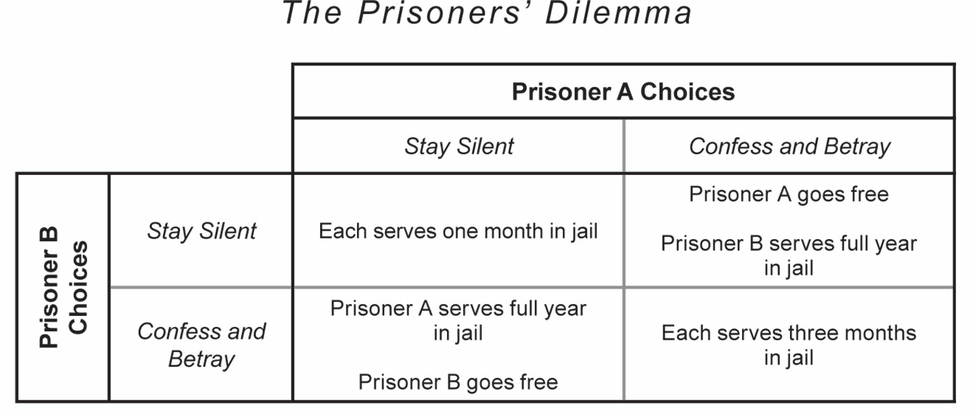In today’s news, the sustainability theme is still partly pushed away because of all the news bullets about Paris and IS. But the climate top, that will start on 30th of November in Paris, is due to begin. Steadily, newspapers and magazines open topics about this important event wherein almost 200 countries will come together to form an universal and binding consensus on climate. The United Nations Climate Change Conference, as it is officially named, should set up agreements between the countries in order to reduce the CO2 emissions worldwide. The protocol that will be made, replaces the Kyoto-protocol that ends in 2020. This is important, like KNMI showed us this weekend, sending out code orange in order to show the current climate state.
Focussing on the conference again; results of negotiations are yet to be determined, and it won’t be easy since there are so many opinions and visions about now and about the future.
About this cooperation, I noticed some similarity in the prisoner's dilemma I learned about during my minor philosophy last year in Amsterdam. This prisoner’s dilemma, summarized in the picture above, tells the story about two persons who are caught by the police cause they possibly committed a crime. In order to know if they actually did, there is a confession to be made. Hereby they both have two choices. (i) To remain silent or (ii) to point towards the other one "He did it". Therefore in total, three things can actually happen. One. When both keep silent, they both cooperate with each other and the police officers will put them in prison for one year each. Or second, one of them stays silent, while the other one says the other one committed crime. Then, depended on which party you are, you will get freedom or you will be locked up in jail for three years, or vice versa. The third option is that they both point towards each other. In that case, both will get four years of prison - the worst outcome of all.
The best outcome for both prisoners will arise if they both cooperate, then they’ll get only one year prison each. But it turns out that, even rationally thought, people tend to choose for themselves and not to cooperate with each other – even if this is the best outcome. The dilemma shows how individualistic rationality conflicts with group rationality.
This prisoner's dilemma can be translated to the situation of the climate changes and the conference in Paris where many countries are going to argue about the stable climate. Every country will be benefitted by the reduction of the CO2 emission. Therefore, agreements should be made and cooperation is perceived as the best option. But it seems that the satisfaction of the present-day behavior is bigger than the benefit of working together and strive for this common goal. So, I am really curious to what extend the world leaders will cooperate.
